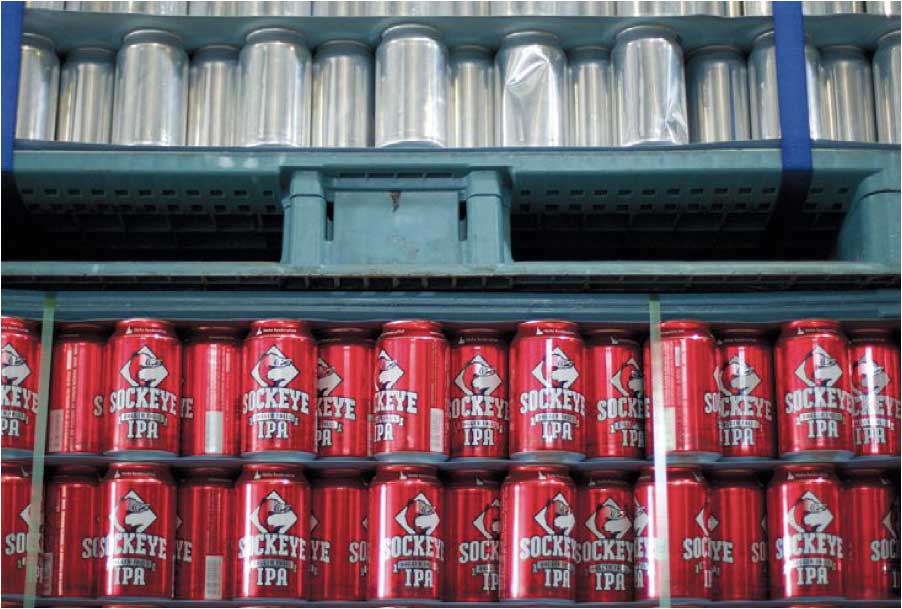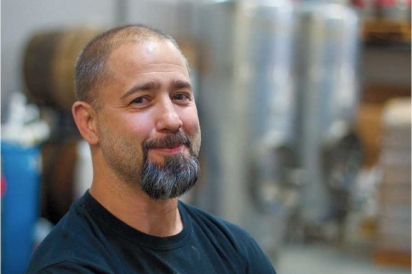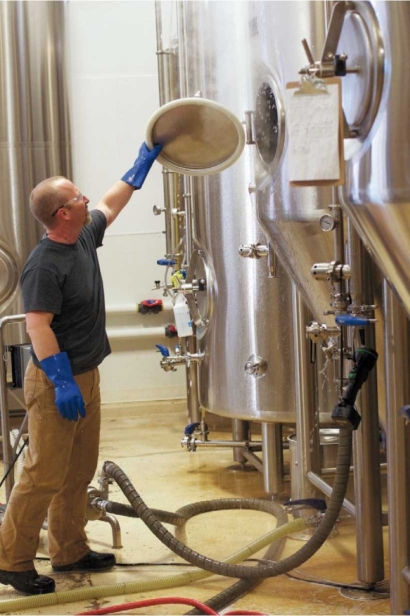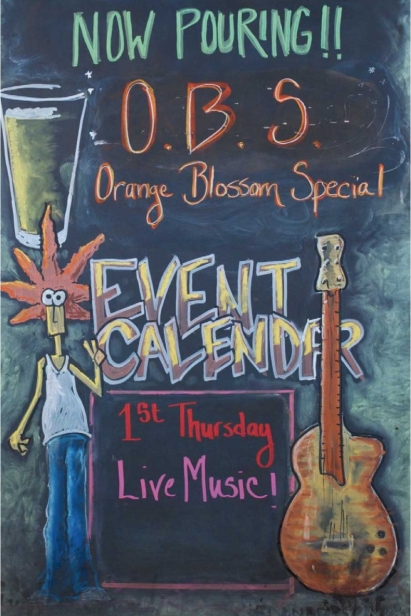Beer Here: Bringing Back Boise’s Breweries
Brewing beer has had a colorful history in the Boise Valley. In the 1860s the capital stood at the crossroads between the mining camps in Idaho City and Silver City. Local breweries slaked the thirst of miners and city dwellers. In territorial times, German-American brewers with names like Lemp and Misseld dominated the booming business in Boise.
John Lemp became “the Beer King of Idaho,” but Joseph Misseld was not so fortunate. In 1879, the owner of the City Brewing Saloon tumbled into his brewery’s cistern and drowned. At the time of statehood, in 1890, Idaho had 32 breweries. But the 20th century put a quick end to imbibing. One of the few times in its history that the state was ahead of the curve, Idaho went dry in 1915, half a decade earlier than nationwide Prohibition (1920—1933). It has taken almost a century for the state’s breweries to achieve the same level of success, but the microbrewing movement has arrived.
From Wallace to Idaho Falls making micro-brews has become the trend: pale ales, porters, stouts, infusions too numerous to name. Boise and Garden City house a half-dozen microbreweries with at least two more about to open. For most of the 90s and the first decade of this century, four brewpubs dominated the local landscape: Highlands Hollow, the Ram, TableRock and Sockeye. Within the past three years and the arrival of Payette, Crooked Fence, Kilted Dragon, that has dramatically changed.
Local brewers have also entered the six-pack competition, allowing them to distribute their products more easily in stores, bars and beyond. Sockeye, Crooked Fence (whose new Barrelhouse is set to open on Glenwood) and Payette—all are canning and selling six-packs.
Why the boom? Craft beer manufacturing benefits from the movement to buy, eat and drink locally. And as Sockeye owner, Fred Schuerman says, once beer drinkers “try them [microbrews] and become aware of the flavors, they don’t go back to clear beer.” A decade ago Schuerman, a developer and property manager, bought the Sockeye Brewery from founder Kevin Mills. Typical of local producers, Sockeye lures its drinkers with memorable titles as well as flavors: Dagger Falls IPA (India Pale Ale), Woolybugger Wheat, Power House Porter, Hell Diver Pale Ale,
Galena Summit Kolsch Ale and Angel’s Perch Amber. Seasonal brews like a Winterfest and the occasional experiment, Purple Haze Espresso Stout, contribute to Sockeye’s success. Under the watchful eyes of brewery manager Josh King and brewer Kevin Bolen, Sockeye’s growth represents a challenge as well as an opportunity. But one thing is certain, both brewers are enthusiastic about Idaho’s hops, barley and beer.
Mike Francis, owner, chief cook and bottle washer at Payette Brewing Company, came to the beer business after a stint at Boeing. The Boise native studied industrial engineering at the University of Washington. But Francis, who had done some home brewing, turned avocation into vocation. Four years ago he abandoned the corporate world, got an associate’s degree in brewing technology, interned at Schooner Exact Brewing state knows the name.” Francis notes, “last year [Payette] did 2,300 barrels so we are doing quite a bit of beer.” A standard keg is a half-barrel.
“My goal was to get a Boise beer into all the bars and restaurants” and to help bring the brewery culture like Portland’s and Seattle’s to Boise. Payette is available almost everywhere in Idaho—150 places have it on tap. Canning began in August of 2012, Francis adds that six packs fit the Idaho lifestyle, “because there are too many places you can’t take glass.”
Payette has three series of beers: There are year-round beers—Outlaw PA, Payette Pale ale, Mutton Buster (brown ale) and North Fork (lager), which are the ones in cans and are “the beers people know and like.” The seasonals—Leaning Barn, the label is based on the old Tate barn on highway 55—their take on blond ale. And, the Ales of No Return where one batch of a new beer is made each month and “once it is gone, it’s gone.”
The new brewer at TableRock wears pink rubber boots that seem appropriate footwear for the valley’s first female brewer and is the symbol for the Pink Boots Society, which works to support women brewers throughout the world. Kerry Caldwell, grew up in Placerville, California, came to Idaho from the trendy Southern California beer scene, and is integral to the makeover that is happening at the city’s oldest brewpub. Chris Nelson, TableRock’s owner is candid about the need for the changes: “TableRock’s beers were old and couldn’t compete in the modern marketplace.” Enter Kelly Caldwell.
Caldwell arrived in Boise last December where she worked for Belmont Brewing Company. Brewing duties are shared with long-time brewer Tim Spanbauer. The relationship is symbiotic; each brings his or her experiences, techniques and tastes to the process. Caldwell and Spanbauer not only brew beer, they also distribute to a half dozen locations in Boise.
Caldwell likes to brew “big malty beers because they’re more fun and there’s more you can do, but I like drinking hoppy beers.” Table-Rock has mostly hoppy beers “because they’re the most popular.” Aficionados rate the Imperial Red as not only potent but layered. The once loved Hopzilla may be gone, but adventurous imbibers can try Double Chocolate Porter, Bottle Blonde or Hophead IPA.
Local favorites—Sockeye, Payette, Crooked Fence—are priced to compete and share shelf space with Deschutes and Sierra Nevada. The evolution from nothing to a dozen enterprises in the valley has happened fast. Long a poor stepchild to its western neighbors, Idaho has finally hit its brewing stride.








